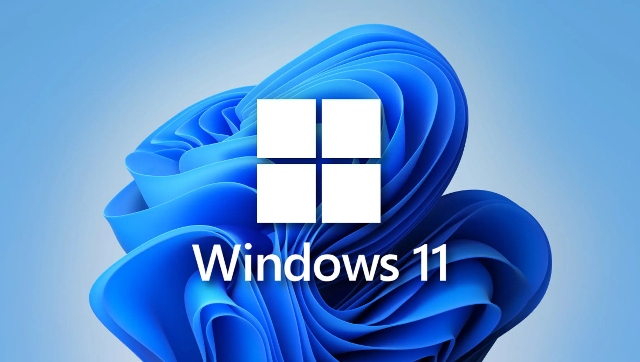Desktops have traditionally been the first point of computing purchase among SMBs; however dwindling price gaps between desktops and notebooks/ Ultrabooks, as well as a shift towards mobile devices, has led to immense growth in both notebook and Ultrabook adoption. Moreover - Portables and Ultrabooks together exhibit almost 20 percent SME spending growth over last year. Hence, it may not be an exaggeration to consider them as the Growth Engines of SME PC adoption. Over four-in-ten SMBs plan to acquire either Portables or Ultrabooks in the next 12 months; indicating bright prospects within this segment. Another trend is a gradual shift of SMBs towards notebooks from desktops due to factors like - greater mobility capabilities, enhanced productivity and space-saving due to smaller form factor. These findings have emerged from the latest study by New York-based Access Markets International (AMI) Partners, Inc.
AMI-Partners’ comprehensive study - 2013 India SMB ICT & Cloud Services Tracker Overview focuses on the PC-purchase behavior of SMBs and answers the following relevant questions related to SMB PC-buying:
What are the key drivers of PC buying for SMEs?
Who are the major decision-making stakeholders within SMEs for PC-purchase?
What media do SMEs use most to gather information prior to PC-purchase?
Which channels do SMEs prefer the most to purchase PCs?
“For SMEs, principal drivers for purchase of new PCs are enhancing productivity through new technology applications and managing continuous business expansion; both vis-à-vis number of branches and new employees”, said Poulami Paul, Research Associate at AMI-Partners. Still – a clear difference exists between SEs and MEs vis-à-vis these drivers. MEs are already completely PC penetrated and are primarily looking at PC adoption due to completion of replacement cycle. On the other hand, a significant proportion of SEs will be first time PC buyers”, commented Paul.
AMI analysis on SME decision-making process for PC-procurement reveals that PC buying procedure for SEs is more centralised with business owners and partners being heavily involved across all decision making phases. However, as one expects, the purchase process is much more structured and decentralised for the midmarket segment. Here also, business owners and CEOs have the main say at all stages; yet non-IT Senior Management and IT Heads contribute significantly at different stages such as need identification, outlining specifications, brand short listing and finalisation.
SMBs are increasingly using new-age digital social media tools such as social networking, search engines and blogs during information-gathering prior to PC purchase. “Over 60 percent of SMEs utilise social media for various business purposes. In fact, for most SMEs, being present in a modern and popular social networking site has almost become a hygiene factor”, said Paul. Simultaneously, traditional media like mass media advertisement (e.g. television, radio, magazines etc.) show no dearth of usage. “PC vendors would do well to take recourse to both traditional and modern media to disseminate information about their product portfolio and build awareness among SMEs”, commented Paul. Interestingly – the MB segment prefers product demonstrations and free-trials before final PC-purchase.
A gradual transformation is occurring in the RTM (Route-To-Market) or Channels landscape for SME PC adoption. Matching the age-old mindset, a significantly high percentage of SMEs continue to prefer Value-Added Resellers (VARs) or local dealers for PC purchase mainly due to their 24×7 service support and hand-holding. This is particularly valued as SMEs have a less-evolved internal IT management infrastructure. However - SME usage of retail channel is also on the rise due to the proliferation of regional and national-level electronics stores all over the country offering a wide selection of brands to SMEs.
This is particularly relevant for basic PC hardware, where the retail format enables SMEs to get a sense of touch and feel of the product. The overall ambience also offers an attraction to SMEs.
Finally, as part of its study - AMI also highlights the key engagement programs SMEs prefer from PC vendors. This information is invaluable for PC vendors who formulate their SME programs for enhancing customer relationship. The key preferred programs for SMEs are: free annual check-ups, quick feedback forms to manage relationships and discounts on IT service contract renewals. Considering segment-wise differentiation: MEs prefer dedicated account representatives, participation in vendor customer panels, etc., whereas SEs look for free white papers related to their industry.
)
)
)
)